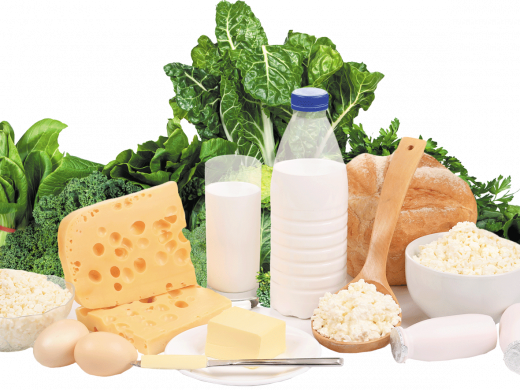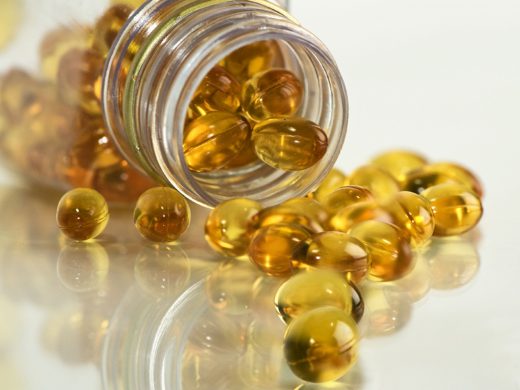Vitamin A is an essential component of the retinal pigment. Vitamin A is very important for eyes since it helps keep eyes intact of the epithelial cell layer covering the surface and cavities in the body. Lack of vitamin A will cause dry skin in the conjugate film, cornea, more heavily a hole in the cornea causing the blindness. It also causes horns of hair follicles, goose-bumpson skin surface, reducing the growth rate and the resistance to diseases of the body. Vitamin A exists in nature in two forms:
+ Retinol: the active form of vitamin A, it is directly assimilated by the body.
+ Pre-vitamin A: is a precursor substance of vitamin A much known under the name of beta-carotene. This precursor substance is converted into vitamin A by the intestine so that the body can absorb.
Vitamin A is a fat-soluble vitaminwith basic functions in the body such as helping cells make normal copying operation, otherwise they will undergo precancerous changes. Vitamin is necessary for the health and the vision. It is also very important for the conversion of light into nerve signals in the retina. Vitamins also affect genes determining the development of the embryo and the fetus. On the other hand, vitamins are important for the reproductive function. It can affect functions and the development of the sperm, ovary and placenta. Vitamin A deficiency will result in the risk of incurring/contracting the following diseases: anemia, cystic fibrosis, infections, measles, blindness, night blindness.
Liver, dairy products and fish liver oil are a rich source of vitamins. Those who are on a liver or dariy product- diet, too underweight infants, impaired thyroid persons, the elderly with diabetes are prone to vitamin A deficiency. The first signs of vitamin A deficiency include weakened night eyesight. Additionally, it can be accompanied by dry skin, susceptible to skin infection and metaplasia (a precancerous disease). Thus, it is necessary to supplement vitamin A about 7500 mcg per day. However, this amount shall not exceed 4500 mcg /day for people over 65 years of age or people with liver disease, unless directed by a doctor. For pregnant women, less than 3,000 mcg per day is safe.
(Source: Internet)






